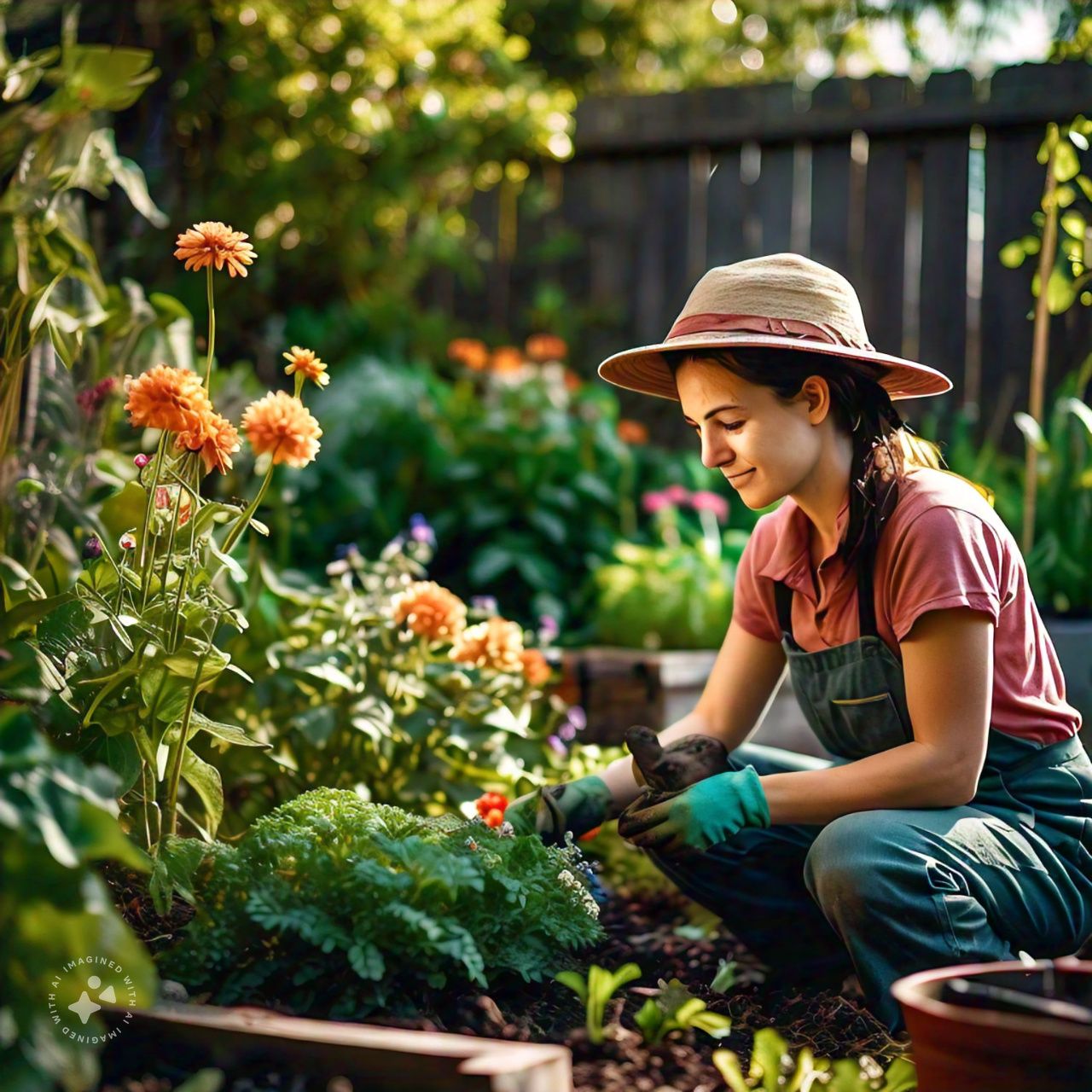Gardening is often celebrated for its therapeutic benefits. It is a peaceful activity that connects us to nature, relieves stress, and provides a sense of accomplishment. However, like any passion or hobby, when taken to an extreme, it can lead to unhealthy behaviors and mental distress. “Gardening psychosis,” while not an official medical diagnosis, is a term that has been informally used to describe an obsessive fixation on gardening that negatively impacts an individual’s mental health and daily life. In this article, we will explore what gardening psychosis entails, its potential causes, signs to watch for, and how to maintain a healthy balance.
What is Gardening Psychosis?
Gardening psychosis is not a clinical condition recognized by mental health professionals, but it describes a state in which an individual becomes excessively preoccupied with gardening activities to the point where it disrupts their overall well-being. This obsessive focus can manifest in various ways, including compulsive gardening behaviors, neglect of personal and professional responsibilities, social isolation, and heightened anxiety or distress when gardening tasks are not completed.
While the term “psychosis” traditionally refers to a mental state involving a disconnection from reality, in this context, it is used more loosely to describe an extreme obsession rather than a full-blown psychotic episode. Nonetheless, the impact on an individual’s mental health can be significant and warrants attention.
Potential Causes of Gardening Psychosis
The development of an obsessive relationship with gardening can stem from various factors, including:
1. Escapism
Gardening provides a temporary escape from the stresses and pressures of everyday life. For some individuals, this escape can become addictive, leading them to invest more time and energy into their garden at the expense of other aspects of their life. The garden becomes a refuge, and over time, the need to retreat into this space can grow stronger, leading to compulsive behaviors.
2. Perfectionism
The desire for perfection in the garden can drive individuals to obsess over every detail, from plant placement to weed control. Perfectionists may spend excessive hours working in their garden, striving for an ideal that is often unattainable. This relentless pursuit can lead to frustration, anxiety, and an inability to step away from gardening tasks.
3. Control Issues
Gardening allows individuals to exert control over their environment. For those who feel powerless or out of control in other areas of their life, gardening can become a way to regain a sense of order. However, this need for control can spiral into an unhealthy obsession, where the individual feels compelled to micromanage every aspect of their garden.
4. Mental Health Conditions
Underlying mental health conditions, such as obsessive-compulsive disorder (OCD) or anxiety, can contribute to the development of gardening psychosis. The repetitive and detail-oriented nature of gardening may appeal to individuals with OCD, leading them to engage in ritualistic behaviors that can escalate over time.

Signs and Symptoms of Gardening Psychosis
Recognizing the signs of gardening psychosis is essential for maintaining a healthy relationship with this hobby. Here are some indicators that gardening may be becoming an unhealthy obsession:
- Compulsive Behaviors: Spending excessive hours gardening, even when it interferes with daily responsibilities or sleep. This might include constantly checking on plants, watering multiple times a day, or feeling the need to weed or prune excessively.
- Neglect of Responsibilities: Ignoring personal, professional, or social obligations to prioritize gardening. This could involve skipping work, avoiding social interactions, or neglecting household chores.
- Anxiety and Distress: Experiencing heightened anxiety or distress when gardening tasks are not completed or when plants are not thriving as expected. This might include feeling panic when a plant appears unhealthy or becoming overly upset by minor imperfections in the garden.
- Social Isolation: Withdrawing from friends and family to spend more time in the garden. This can lead to feelings of loneliness and a lack of support from loved ones.
- Physical Symptoms: Overexertion from spending too much time gardening can lead to physical issues such as back pain, joint pain, or fatigue. Ignoring these symptoms in favor of continuing to garden is a sign that the obsession may be taking a toll on one’s health.
The Psychological Impact of Gardening Psychosis
While gardening is typically associated with positive mental health outcomes, the obsessive nature of gardening psychosis can have the opposite effect. The constant need to maintain and perfect the garden can lead to increased stress and anxiety. The garden, once a source of joy and relaxation, becomes a source of pressure and frustration.
The social implications can also be significant. As individuals become more isolated due to their focus on gardening, they may lose important social connections, leading to feelings of loneliness and depression. The imbalance between the time spent gardening and engaging in other activities can also strain relationships with family and friends.
Preventing and Addressing Gardening Psychosis
If you or someone you know is showing signs of gardening psychosis, it is important to take steps to address the issue before it escalates. Here are some strategies to maintain a healthy balance:
1. Set Limits
Establishing boundaries around gardening time can help prevent it from becoming an all-consuming activity. Designate specific times for gardening and make a conscious effort to step away from the garden at the end of those periods.
2. Diversify Interests
Engaging in other hobbies or activities can help reduce the obsession with gardening. Whether it’s reading, exercising, or spending time with loved ones, diversifying interests can provide a more balanced and fulfilling lifestyle.
3. Seek Support
If gardening is causing significant distress or interfering with daily life, consider seeking support from a mental health professional. Therapy can help address underlying issues such as perfectionism, control, or anxiety, and provide strategies for managing obsessive behaviors.
4. Focus on the Joy
Remember why you started gardening in the first place. Focus on the joy and relaxation it brings rather than striving for perfection. Embrace the imperfections in your garden as part of its natural beauty and resist the urge to over-control the environment.
5. Connect with Others
Joining a gardening club or community group can provide a healthy outlet for your passion. Sharing experiences and tips with others can foster a sense of connection and help you maintain a balanced approach to gardening.
Conclusion
Gardening is a rewarding and fulfilling hobby that offers numerous physical and mental health benefits. However, when the passion for gardening turns into an obsession, it can lead to what some refer to as gardening psychosis. By recognizing the signs and taking steps to maintain a healthy balance, you can continue to enjoy the pleasures of gardening without letting it take over your life.



